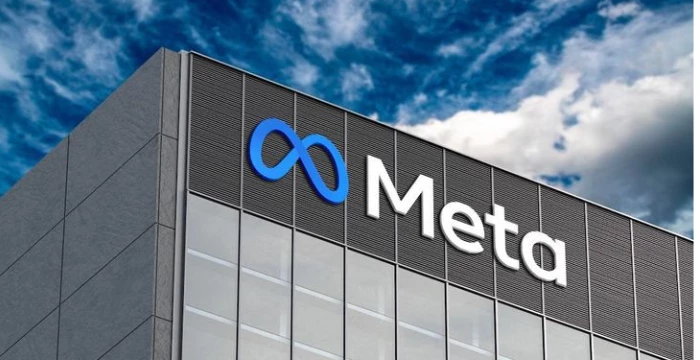Meta refuses to sign EU’s AI code of practice, calling it an overreach
by Muskan Kansay - 6 months ago - 3 min read

Meta has drawn a firm line against the EU’s ambitious push for AI oversight, refusing to sign the bloc’s newly introduced voluntary Code of Practice for general-purpose AI, even as top rivals fall into line. The announcement comes at a pivotal moment for tech in Europe: the first major compliance deadlines for the AI Act arrive on August 2, forcing leading AI model builders into the regulatory spotlight.
Joel Kaplan, Meta’s chief global affairs officer, did not mince words in a recent LinkedIn post: “Europe is heading down the wrong path on AI. We have carefully reviewed the European Commission’s Code of Practice for general-purpose AI models, and Meta won’t be signing it. This Code introduces several legal uncertainties for model developers, as well as measures which go far beyond the scope of the AI Act”.
He continued, warning that the regulations risk “throttling the development and deployment of frontier AI models in Europe, and stunt European companies looking to build businesses on top of them.” For Meta, the concern is not just corporate red tape—it’s existential. Kaplan argues that, rather than providing clarity, the new code adds confusion at a time when the region is scrambling to stay globally competitive: “This overreach will throttle the development and deployment of frontier AI models in Europe,” he wrote. “And it will stunt European companies looking to build businesses on top of them”.
The EU’s Code of Practice, introduced on July 10, covers transparency, copyright compliance, and safety for advanced AI models. It is technically optional for now, but signing creates a smoother path to legal compliance as full enforcement ramps up through 2027 and provides a degree of legal protection against accusations of breaching the AI Act. Those who opt out, like Meta, may face heightened regulatory scrutiny and, under the Act, noncompliance with certain rules can trigger fines as high as 7% of global annual turnover.
The division across the industry is stark. While Meta rejected the code, OpenAI and French startup Mistral have committed, and Microsoft is strongly expected to sign. On the other side, more than 45 European corporations—including ASML, Airbus, and SAP—have urged the EU to delay mandatory implementation by two years, arguing that the framework is unclear and scattered, and could suffocate homegrown innovation.
As the EU’s regulatory net tightens, real stakes are in play for a market of over 400 million Europeans. The next wave of AI development—how, where, and under what rules it flourishes—is in flux. Kaplan’s words and Meta’s refusal make it clear: the battle for AI’s future in Europe isn’t just about compliance, but about who gets to define the playing field.